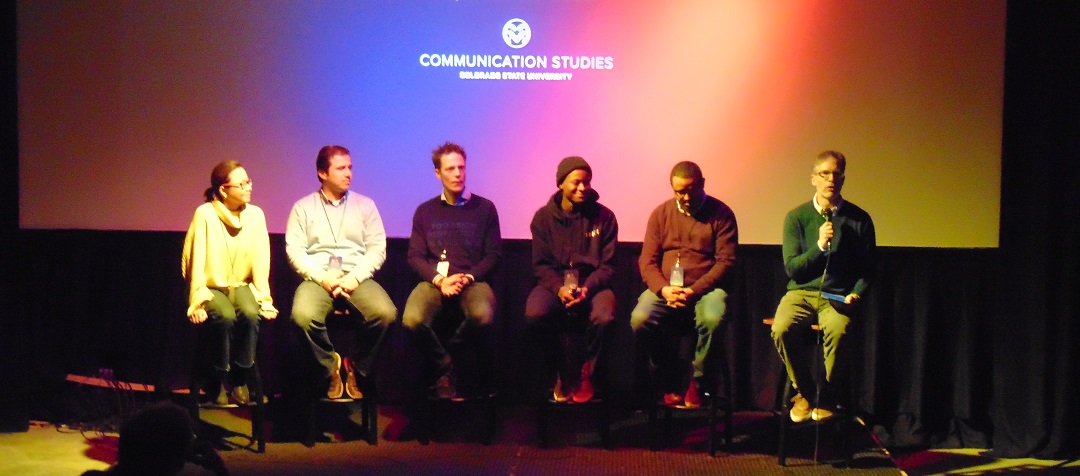Private Lives, Public Spaces: Intimacy and Community at Human Rights Film Festivals
Purchase TicketsSynopsis
Documentary film theorist Betsy McLane has argued that nonfiction cinema engages people as few other art forms can. This is partly because contemporary filmmakers’ tendency to adopt “home movie” technologies has bred “an intimacy between subject and audience” that could only otherwise be achieved if the two had met in person, face-to-face. As part of the ACT Human Rights Film Festival’s commitment to practice-based educational initiatives, this year’s special panel gives local audiences the opportunity to meet visiting filmmakers and to reflect on the ethical dilemmas that arise whenever individuals are asked to live out the most intimate details of their day-to-day existence in front of a movie camera, putting themselves on view for strangers. How do documentarians put their subjects at ease and develop their own personal connection or sense of closeness to them? How much decision-making agency are those onscreen individuals given as part of the filmmaking process (in terms of any recorded footage that is or is not included in the finished documentary)? How is the completed documentary similar to yet different from a “home movie”? Is it more difficult to film the private lives of family members than it is with non-family members? And does the filmmaking process alter or strain familial relationships in any way? These and other questions will animate this public forum.

Filmmakers
Irene Brodsky Taylor, director,
Tahria Sheather, producer,
from Moonlight Sonata: Deafness in Three Movements
Matthew Shoychet, director
The Accountant of Auschwitz
Aaron Burns, director
Western Collections
Screenings
Saturday, April 6
Lyric Cinema
2:30 p.m.
Tickets are free, but kindly reserve your seat through the Purchase Tickets button above.